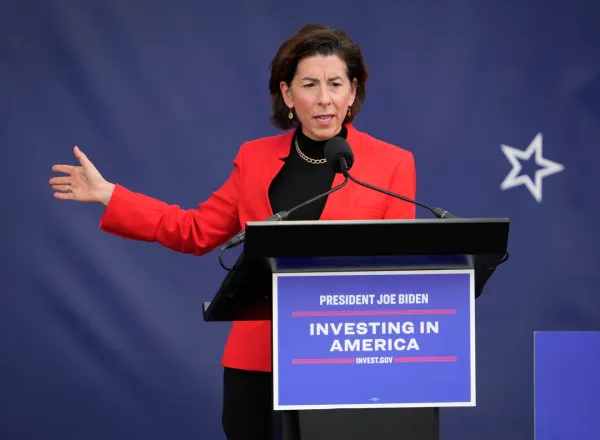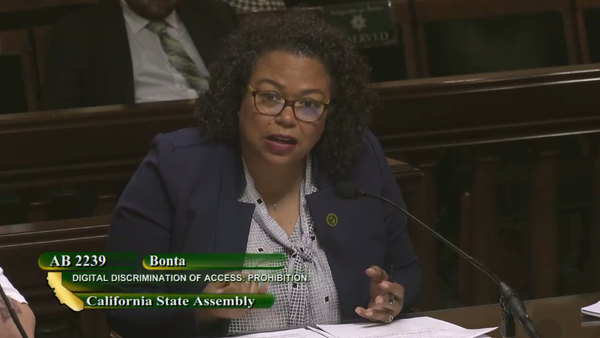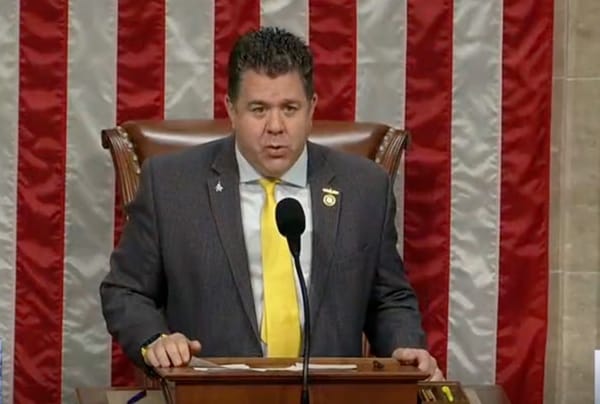Wireless World Betokens Further Challenges and Opportunities for Broadband
WASHINGTON, October 19, 2009 – In a year that has been described as transformational and phenomenal for the telecommunications industry, any attempts at regulating the Internet may turn back the good that the industry has enjoyed, and may slow down efforts at innovation, said panelists speaking at a
WASHINGTON, October 19, 2009 – In a year that has been described as transformational and phenomenal for the telecommunications industry, any attempts at regulating the Internet may turn back the good that the industry has enjoyed, and may slow down efforts at innovation, said panelists speaking at a Progress and Freedom Foundation event.
Many on the panel touted wireless mobile internet as the means to get efficient and competitive services to consumers, and they identified the wireless sector as a key component of increased broadband deployment and penetration.
Ruth Milkman, chief of Wireless Telecommunications Bureau at the Federal Communications Commission, commented that smartphones and iPhones and laptops will be in greater use as more wireless connectivity becomes available to consumers.
“Unleashing broadband for use in mobile devices will call for urgent and efficient use of broadband,” said Milkman. “We need to find ways of streamlining processing of applications, and internet should remain open.”
Brett Glass of Lariat.net said that the FCC does not yet know what to regulate, and Net neutrality regulations is a radical solution to a non-existent problem. Innovation enables competition, and that could be blocked if neutrality rules are imposed. Rather, the with internet provider is likely to pay more to get services to the consumers.
“[Lack of regulation] will in turn make the products more desirable to consumers, giving them choices,” said Thomas Hazlett, a professor of economics at George Mason University. Regulation is a complex process, and the government should be careful as they consider stepping into it, he added, asking the government to use wireless frequencies to facilitate greater competition among users of the spectrum.
People want to connect to the Internet, find information or get news from anywhere, at any time – and that is why spectrum is important. Unfortunately, the government is yet to release large swaths of spectrum for use by consumers.
Regulation will also muzzle emerging media such as blogs, said Kathleen Ham, the vice president of federal regulatory affairs at T-Mobile U.S.A.
About BroadbandCensus.com
BroadbandCensus.com was launched in January 2008, and uses “crowdsourcing” to collect the Broadband SPARC: Speeds, Prices, Availability, Reliability and Competition. The news on BroadbandCensus.com is produced by Broadband Census News LLC, a subsidiary of Broadband Census LLC that was created in July 2009.
A recent split of operations helps to clarify the mission of BroadbandCensus.com. Broadband Census Data LLC offers commercial broadband verification services to cities, states, carriers and broadband users. Created in July 2009, Broadband Census Data LLC produced a joint application in the NTIA’s Broadband Technology Opportunities Program with Virginia Tech’s eCorridors Program. In August 2009, BroadbandCensus.com released a beta map of Columbia, South Carolina, in partnership with Benedict-Allen Community Development Corporation.
Broadband Census News LLC offers daily and weekly reporting, as well as the Broadband Breakfast Club. The Broadband Breakfast Club has been inviting top experts and policy-makers to share breakfast and perspectives on broadband technology and internet policy since October 2008. Both Broadband Census News LLC and Broadband Census Data LLC are subsidiaries of Broadband Census LLC, and are organized in the Commonwealth of Virginia. About BroadbandCensus.com.






